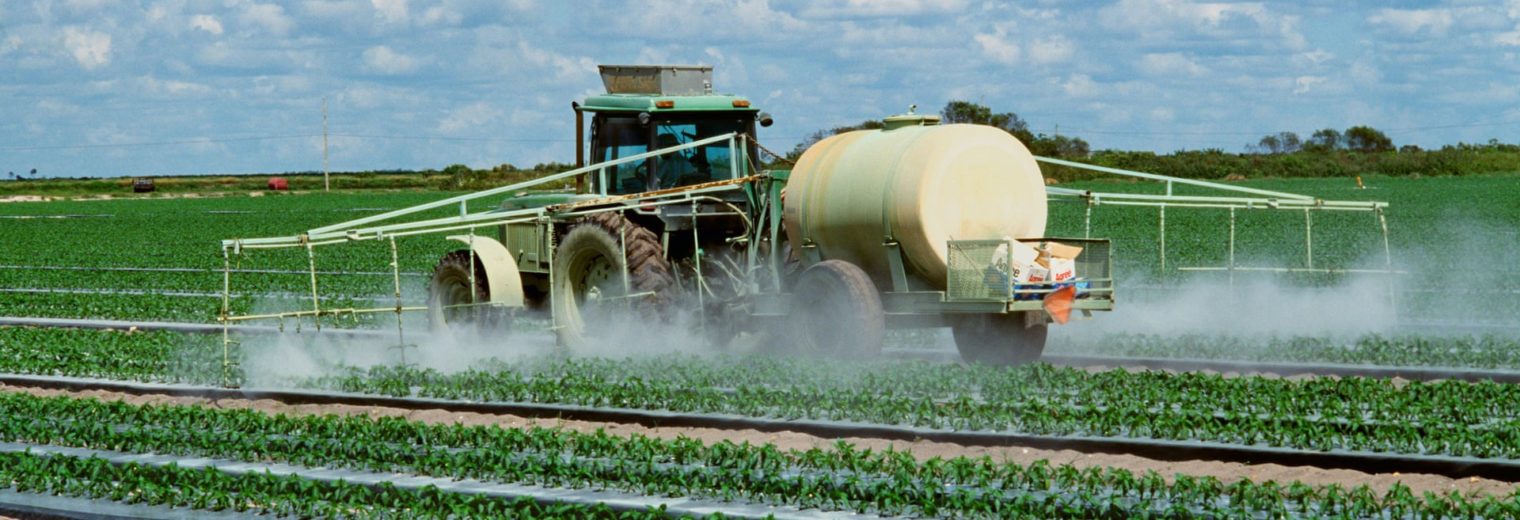We all have the human right to live pesticide-free, even if the food industry says otherwise.
Back before Covid, when I used to talk at colleges around the country, I would often ask what students thought of when they heard the word “organic.” Invariably, I would hear answers like “it’s a marketing ploy” or very specific associations like, it’s for Lululemon-wearing, Goop-reading, Whole Foods-shopping white women. In other words, organic was being perceived as an elite, lifestyle choice.
If you’ve been following our work at Real Food Media for awhile, you know that we’ve been trying to expose just how much that view has been shaped by industry spin. Big Food corporations want us to keep thinking of organic—food grown without toxic pesticides and synthetic fertilizer or meat and dairy produced without antibiotics and artificial growth hormones—as a luxury.
Meanwhile, those of us fighting the toxic pesticide industry have long argued that organic food should be seen as a human right. We believe organic for all is a health equity issue: for those impacted by the pesticide industry—from those living near the manufacturing plants to those applying the petrochemicals and harvesting crops—are disproportionately Black, Brown, and working class.
It’s true: most of us are not able to access, and afford, organic food in the marketplace today. But it shouldn’t be this way.
Colleagues of ours at Friends of the Earth have been sounding this alarm, most recently with a new study that shows just how much a difference it makes to shift to an organic diet. You can read a piece about the study I co-authored with Kendra Klein from Friends of the Earth in The Guardian.
In community and solidarity,
Anna, Tanya, Tiffani, and Christina
Read the full issue of the Real Food Scoop
Header image: Alamy/The Guardian
